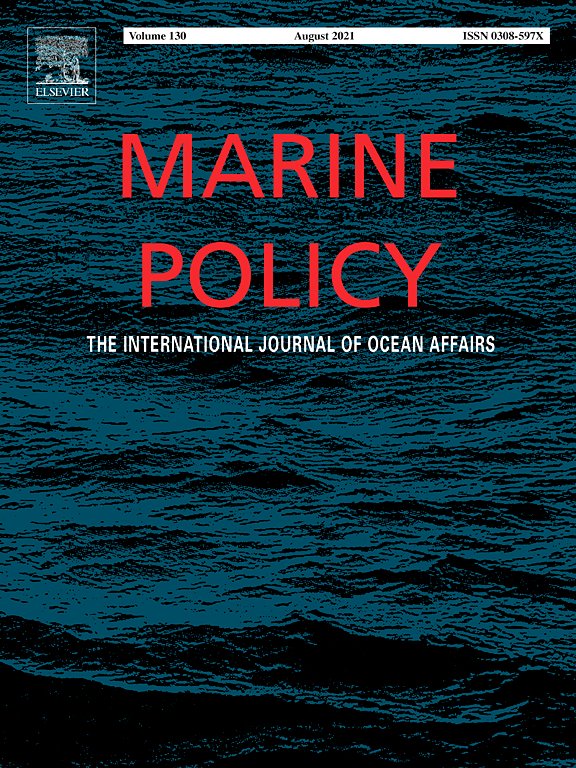
NRDC, the Zhejiang Marine Fisheries Research Institute, the Ocean University of China and the University of Maine recently published an article in Marine Policy, a leading ocean policy journal. The article is entitled, “Transition to timely and accurate reporting: An evaluation of monitoring programs in China’s first Total Allowable Catch (TAC) pilot fishery.” Li Wei, the fishery project manager at NRDC, was a corresponding author.
Fishing logbooks help fishermen record and report fishery-dependent data while at sea, which in turn informs fisheries management. Over the past 20 years, paper logbooks in major fishing countries have experienced a remarkable digital transition, that has enabled timely, accurate, and efficient electronic record-keeping. China’s first total allowable catch (TAC) pilot, the gazami crab fishery in Northern Zhejiang began to implement an e-logbook based monitoring system in 2017. The system was designed to improve data quality and report timeliness to support stock assessment, catch limit setting, quota use warning, fishery closure, and other TAC system components.
The Marine Policy study evaluated the efficacy of the e-logbook system against that of traditional paper and found that e-logbooks could improve data quality, report timeliness, and data processing efficiency. The researchers also noted that inadequate legislation, low literacy among fishermen, high training and running cost, and unregulated transshipment too often hinder the implementation of e-logbooks. The study concluded that although electronic logbook systems offer considerable benefits, there remain significant hurdles to implementation. These findings and recommendations will be meaningful for future applications of e-logbooks and monitoring systems in TAC pilots in China and elsewhere.

